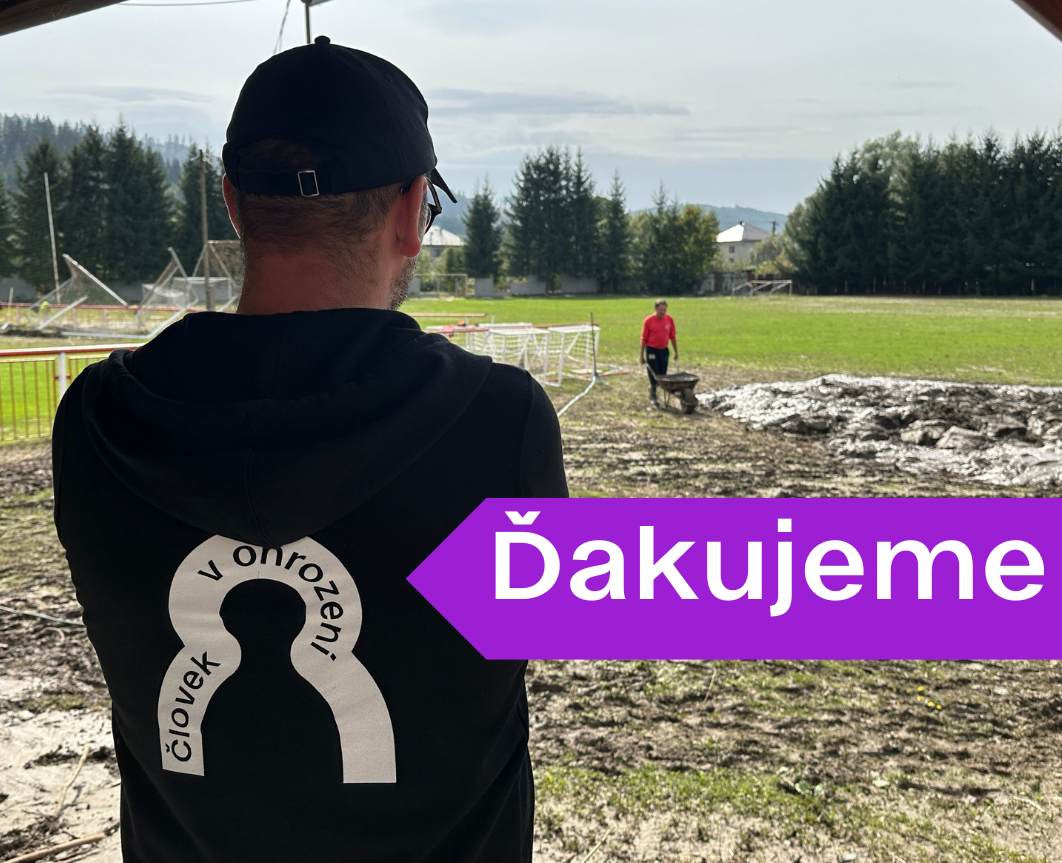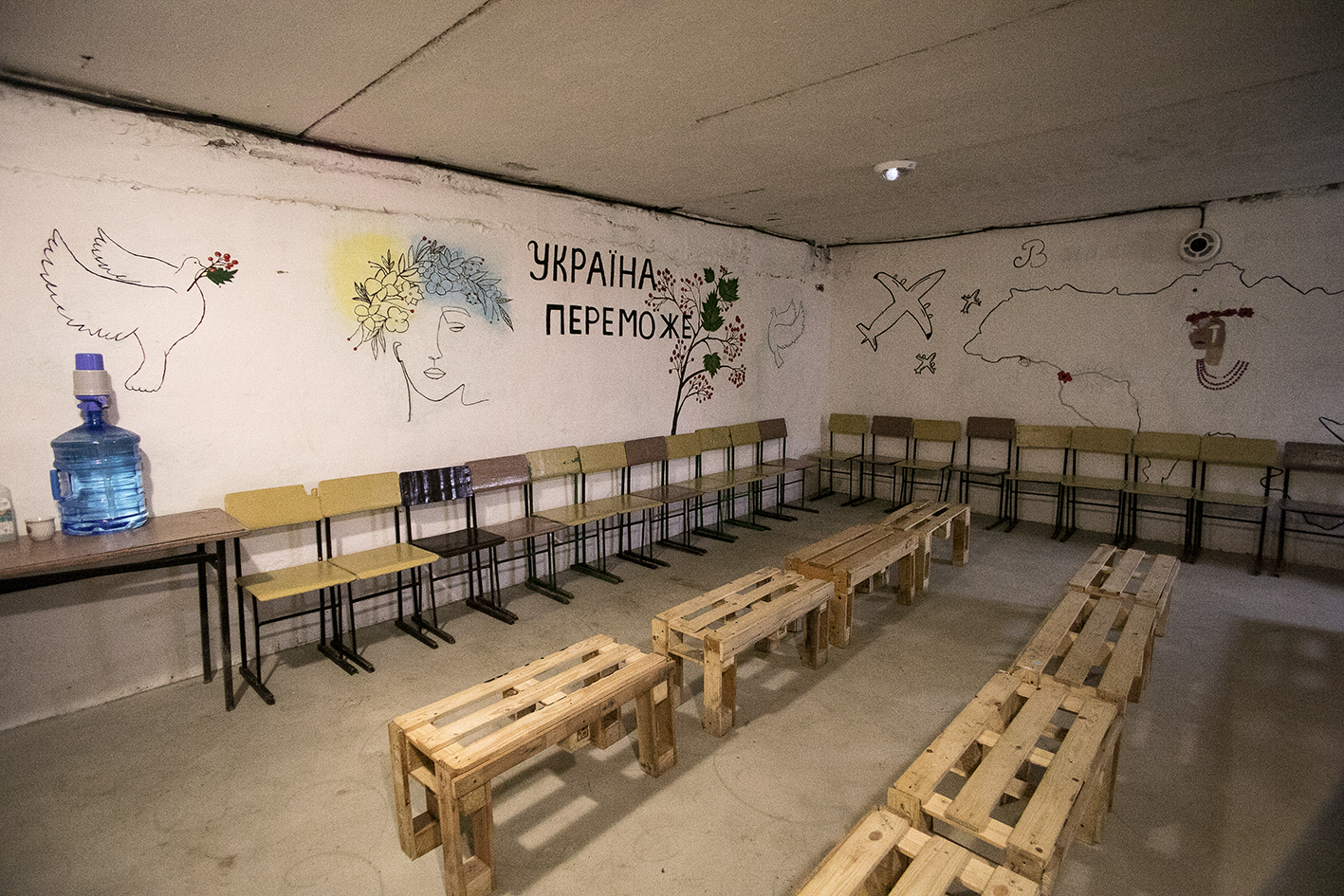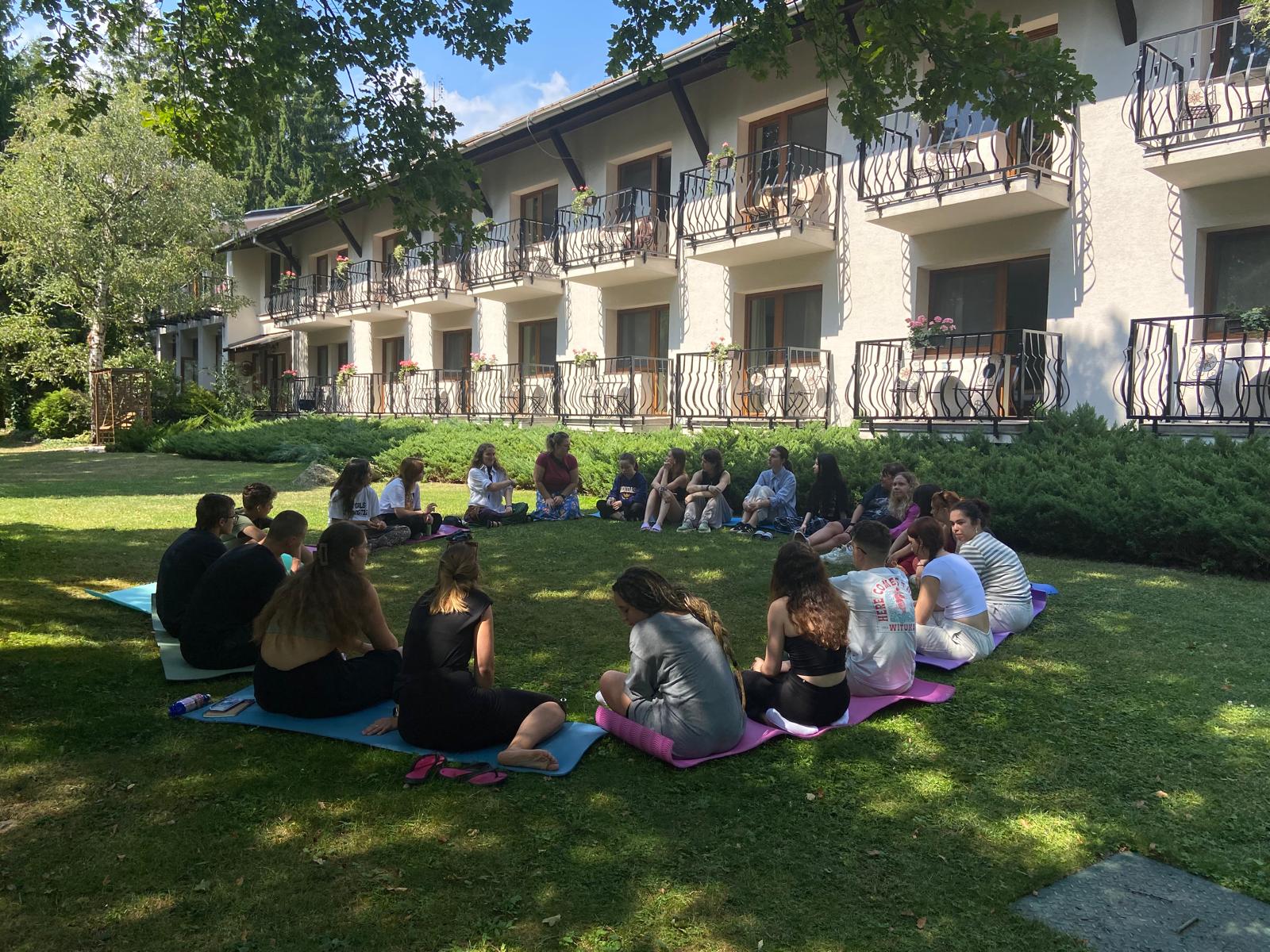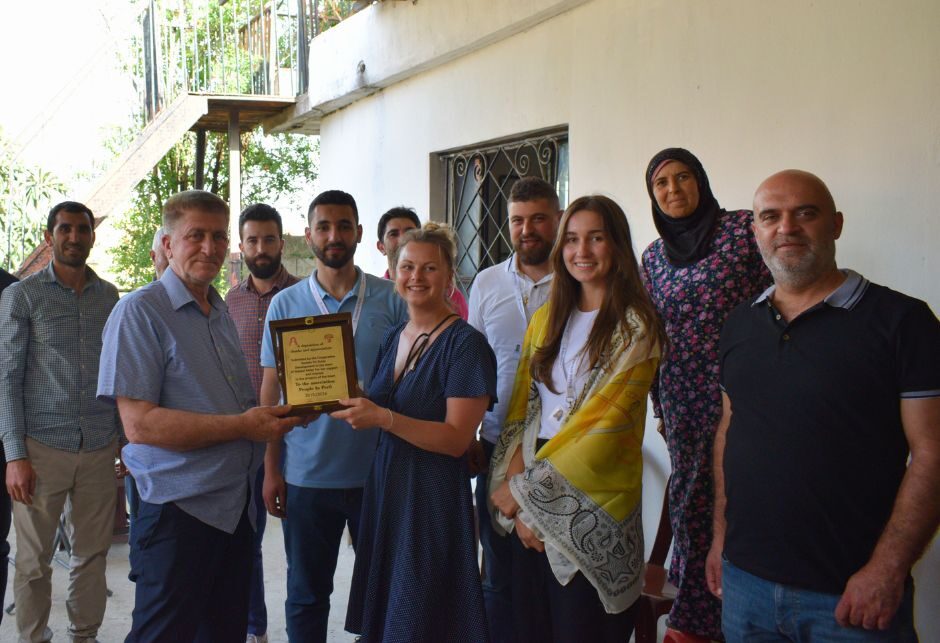Doing good well
Migration in Eastern Europe: CIVIL SOCIETY’S Response to Unprecedented Challenges AND THE NEED FOR INCREASE COLLABORATION.
A CONVERSATION WITH HRISHABH SANDILYA FROM THE EUROPEAN PHILANTHROPIC INITIATIVE FOR MIGRATION (EPIM)
This article is a part of People in Peril’s 2025 series ‘Conversations with Experts: Doing Good Well,’ which is meant to highlight expertise from those working in mental health and protection, livelihoods, education, civil society, and/or basic assistance across the globe.

Since the onset of the conflict in Ukraine, migration patterns in Central and Eastern Europe (CEE) have shifted dramatically. According to the United Nations High Commissioner for Refugees (UNHCR), over 8 million Ukrainians have sought refuge across Europe since February 2022, with Poland alone hosting more than 1.5 million displaced individuals, as of December 2024. Neighboring countries, including Czechia, Romania, Hungary, and Slovakia, have also experienced significant inflows, prompting a massive humanitarian and infrastructure response. Despite these efforts, the scale of the crisis continues to strain resources and expose systemic weaknesses in migration governance.
In light of these challenges, People in Peril recently had the opportunity to sit down with Hrishabh Sandilya, Co-Director of the European Philanthropic Initiative for Migration (EPIM), to discuss their work and how they see the role of civil society in CEE.
EPIM is a philanthropic collaborative initiative of several private foundations that focuses on issues of migration, belonging, and democracy. They fund and nurture alliances and partnerships, curate the migration ecosystem and cultivate a shared narrative for belonging and democratic resilience. “We focus a lot on developing networks broadly that strengthen and support both migration and inclusion with the ultimate aim of strengthening civic institutions and democracy,” Hrishabh Sandilya added.

A key element of EPIM’s strategy in CEE involves curating inspirational spaces and facilitating dialogue and partnerships amongst different actors in the region who work on issues related to migration and democracy. “We invest in strengthening networks that connect diverse actors, including civil society organizations, policy makers, local authorities, the private sector, faith-based organization, trade unions and grassroots groups,” said Sandilya. By doing so, EPIM helps build the capacity of organizations to address complex migration challenges while ensuring that marginalized voices are heard.
Prior to the onset of the war, Sandilya, who is a Czech citizen himself, said that society and institutions in the region rarely saw eye-to-eye on migration. But what the displacement from Ukraine did, was it brought together actors from different fields and ideological viewpoints, and they collaborated. “If you understand the history of the region, you know that … there’s been no historical track record of collaboration between [public, civic and private] sectors.” “For us, as EPIM and our partners, it was thus important to strengthen the resilience in societies and build on this opening for collaboration… across the region” Sandilya said.
When asked if he has seen any progress in this collaboration, he noted that the work is long-term and a while a number of hurdles remain, “important relationships have been created and practices cemented … essentially a number of mycelial networks, that strengthen trust between different types of institutions and actors,” therefore strengthening the support for migrants.

Sandilya also notes that the funding constraints in the region further exacerbate the situation. “Due to a lack of funding, it’s often a competition over a collaboration mindset,” Sandilya said mentioning that this lack of sustained funding also inhibits partners from being able to plan long-term interventions that strengthen societies holistically. According to him, much of the private and public funding available does not always foster or champion the types of ‘non-traditional alliances’ that EPIM advocates for – funding that encourages civil society to partner with trade unions, small businesses, academia and other non-traditional allies. Sandilya adds that “more kinds of innovative funding that sort of incentivize these kinds of partnerships are going to be necessary” to fully realize a holistic response, and that funders in general need to take more risk.
Migrácia poHe also noted the political climate and the way migration is imagined in many CEE countries also poses difficulties. “Fundamentally, people have seen migration in a silo, separate from the rest [of the issues in their countries],” Sandilya posited. According to him migration is not a siloed topic as it affects many other facets and the functioning of a democratic state – its economy, society and culture, and that it needs a holistic response and approach. “The reality of the situation is how do we prepare these countries to … create policies and procedures that make sense in the long-term, as all types of migrants move into the region” Sandilya posited.
Despite these challenges, Sandilya highlighted the critical role of civil society in shaping the future of CEE. He underline the importance of civil society and other key actors in safeguarding “the building blocks of what we see as fundamental to democracy: freedom of speech, working together, collaborating, believing in institutions, respecting the rule of law. I think what civil society does, and small businesses do and trade unions do and the church does is that they safeguard these things,” he remarked.

When asked about his view of civil society’s work on migration in the region in the medium and long-term, Sandilya expressed optimism about the potential for progress. He stated that civil society’s work is “fundamental to the long-term functioning of CEE countries,” particularly if they continue to share and build collaborative responses to the challenges, that ultimately strengthen societal institutions and strengthen democracy.







